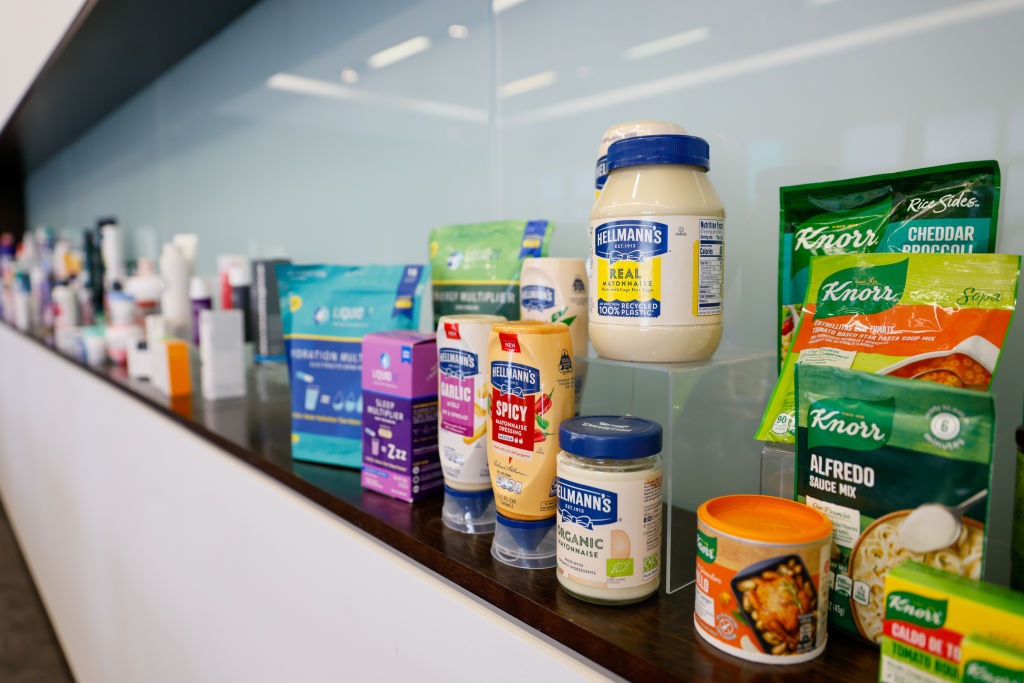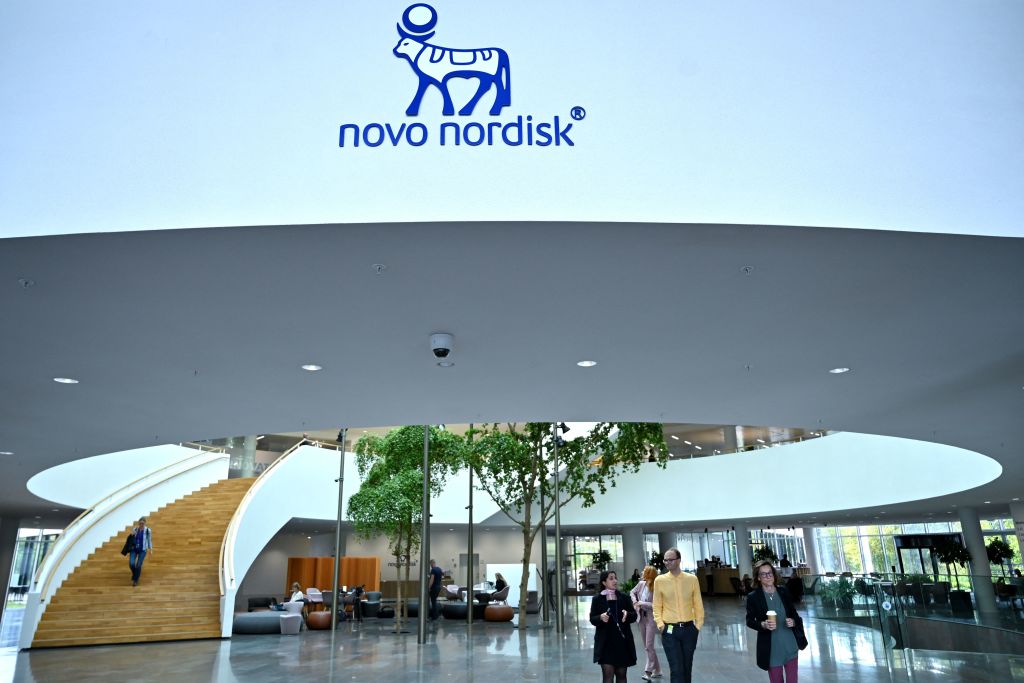
With the major U.S. stock markets volatile amid uncertainty surrounding the Trump administration's on-again/off-again tariff policy, you may ask yourself: Is it time to invest abroad?
If you aren't, perhaps you should. Investors can find attractive opportunities by looking overseas at the best European stocks.
Even with the S&P 500 up less than 4% on a total return basis (price change plus dividends) for the year to date through June 24, it still trades at a lofty 21 times forward earnings.
Compare this to the European stock market, which currently trades at a forward price-to-earnings (P/E) ratio of 14.4, as measured by the MSCI Europe Index.
In other words, European stocks present a better value compared to most U.S. stocks at the moment.
"We've had unprecedented growth in the U.S. stock market due to the proliferation of new technologies, which the U.S. has benefited from disproportionately," says Chris Berkel, investment adviser and president of AXIS Financial in Edmond, Oklahoma.
But tides can change. While the U.S. has been the hottest commodity on the global stock market stage for most of this century, longer-term investors can remember "the 'lost decade' between 2000 and 2008, when the S&P was flat," Berkel says.
"During that time period, non-U.S. stocks essentially doubled, and headlines read, 'Is U.S. investing dead?'," he adds.
While U.S. investing is by no means dead, savvy investors know the key to successful long-term investing is diversification, diversification, diversification. And where better to look for that holy grail of investing than Europe?
"European stock markets are not all that different [from] their American counterparts, but they are sufficiently different to create alternative patterns, at least on a broad basis," says Angelo DeCandia, professor of business at Touro University, who specializes in finance. "And that's always the key to diversifying a portfolio."
There's also a good chance that the past decade of strong performance in the U.S. market may have created an overconcentration of domestic stocks in your portfolio.
"Now just may be the time to rebalance, at least until the U.S. markets and economy return to a more stable approach," DeCandia says.
How to find the best European stocks
The good news for U.S. investors is that the same rules apply to picking European stocks as they do when choosing the best stocks to buy here at home.
Step one: Know your objective
As with any investment decision, finding European stocks should begin with an understanding of what you hope to gain through the investment. Do you want long-term growth or current income? How much risk are you willing to bear?
Step two: Consider your investment options
Investing in individual stocks gives you the most control over your portfolio, but it isn't the only, nor necessarily the safest, approach to European stocks.
A European-based exchange-traded fund (ETF) can give you exposure to multiple companies in one wrapper, helping diversify your risk. These funds may also benefit from professional fund managers who can monitor the companies within the portfolio.
However, ETFs do have exchange ratios, which are fees you must pay for that professional management. This cost diminishes your overall returns, but can be worth paying if you're not keen to do your own research and monitor each stock you own.
Step three: Conduct research
If you opt to invest in individual stocks, you'll need to do your own due diligence, just as you would when investing in a domestic company.
You want to find companies "with solid financials, strong management and (that) are competitive within their industries," says Derek Miser, investment adviser and CEO at Miser Wealth Partners in Knoxville, Tennessee.
"Prior to investing, you should understand the market in which the company operates and review the stock's valuation and history," he adds.
This is where the bad news comes in for U.S. investors: gaining all of this information and insight may be easier said than done when investing abroad.
"Accessing data for the European market is not as immediate, especially for those investors who like to do a deep dive when performing their analytics," DeCandia says. "One solution could be to open an account with a European broker so that all the information we take for granted in the U.S. would then be available."
Of course, that information would probably be displayed in another currency – which points to a second challenge with investing abroad: currency exchange rates.
Step four: Understand the risks
"Fluctuations in the currency exchange rates can impact the return of European stocks when converted back to U.S. currency," Miser says.
Another factor to consider when investing in Europe is the political landscape in which the company operates.
"Regulatory environments and economic policies can impact European stocks differently than U.S. stocks," Miser says. "The diverse political landscape in Europe can introduce an investor to unique risks they may not feel in the U.S."
The key to choosing European stocks to buy is doing homework – and lots of it. It may not be easy, but if you do it right, the long-term rewards should be worth the effort.
The best European stocks to buy
To give you a jump-start on researching European stocks for your portfolio, consider these three top contenders:
Unilever

Unilever (UL) is a global consumer products maker that is based in the U.K. Its brands include Dove, Knorr and Hellmann's.
The consumer staples stock is up nearly than 12% on a total return basis for the year to date, but still well below analyst price targets of almost $74.
"After years of underperformance compared with close peers, 2024 marked a clear inflection point for Unilever, driven by a renewed focus on execution, stepped-up brand and marketing investment, and a culture shift toward increased accountability," writes Morningstar equity analyst Diana Radu.
She believes that UL will continue to earn economic profits for at least the next two decades.
UL is also one of the best European stocks for income investors, having recently hiked its quarterly dividend by 6.1%. It now yields a healthy 3.3%.
Spotify

Spotify (SPOT) is a global music streaming service with nearly 700 million users tuning in from more than 180 destinations.
The outlook for the stock is "bright, due mainly to the opportunity we see for the global music streaming market to expand and the moat we think the firm has to keep its edge over competitors," according to Morningstar equity analyst Matthew Dolgin.
He reports that the company is also in "excellent financial health," with free cash flow expected to continue growing.
Novo Nordisk

Novo Nordisk (NVO) is a global health care company based just outside of Copenhagen, Denmark. It is known for its focus on diabetes care, something that should continue to support future revenue.
"Diabetes' prevalence is expected to soar in coming decades as a result of an increasingly overweight and aging population," according to Morningstar director Karen Andersen.
She expects NVO to continue dominating in this space and maintain its competitive advantage.
While the health care stock is down by over 16% on a total return basis year to date, this may only enhance its appeal for value investors. NVO is currently trading well below its average analyst target price of $92.07.







